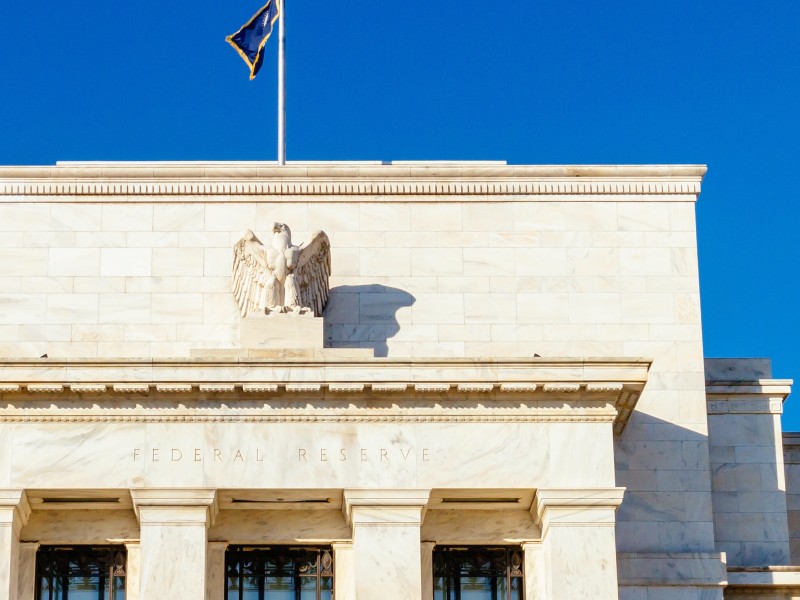

The challenging questions for institutional investors going into the last months of 2018 will be how much further global trade tensions will rise and the subsequent impact on economic growth, company profits and inflation, according to Russell Investments latest market outlook.
As well, further action on the part of the U.S. Federal Reserve will be a key issue to watch, in addition to action out of China in stimulating its economy.
With the Fed expected to hike interest rates at least one more time in 2018 and three or four times in 2019, the U.S. dollar is looking at a more valuable future. But this could put a damper on emerging markets as they currently stand, according to the outlook. “What we know is that the Fed is on the path to raise interest rates and potentially slow down the U.S. economy. But how far can the Fed go before risking over-tightening?” says Shailesh Kshatriya, director of investment strategies at Russell Investments Canada.
Read: Trump and the tariffs: What are the long-term impacts of shifting trade policies?
If the Fed keeps up with its current pace of a hike once per quarter there could be a point at which the yield curve inverts, which is historically a red flag for a recession, says Kshatriya. “That in itself would be enough to think about, but of course we have other concerns,” he adds.
As for China, it would appear that President Xi Jinping needs to implement stimulus to handle the impact of President Donald Trump’s tariffs. “China doesn’t want to see their economy decelerate in a meaningful way . . . but at the same time they don’t want to overstimulate their economy,” says Kshatriya. “I think there is a fine line that China will try to balance. And so how China deals with a slowing of their economy as a result of trade wars and what they do as a result will be a key point to watch.”
Trump’s actions on trade overall are a global growth negative, he notes, however financial markets have been remarkably resilient. “The markets have been able to see through some of the volatility and that is quite remarkable.”
Read: Watch equity markets closely as trade tension continues: experts
In part, this is due to the infusion of stimulus from the U.S. government, with strong economic growth numbers padding the volatility, says Kshatriya. “For the market, it’s always about expectations . . . and I think that’s where the overhanging trade war risk comes into the picture. Given that backdrop, it’s clearly not a time to make big, bold bets. We don’t want to get too cute in our positioning.”
Recession risks aren’t in a warning zone, but it’s something to pay attention to in the next year or two, he notes. As well, he suggests that having some cash on hand makes a lot of sense in this environment.
With equities, hugging the neutral zone is the way to go, adds Kshatriya, although he does note that European equities are more attractive when compared with pricey U.S. stocks. “We think European equities have been somewhat left behind.”
Europe offers better value at the moment because the European Central Bank lags behind the U.S. Fed as far as ramping up interest rates, so it has more room to run before business there begins to feel the pressure, he says.
Read: How will U.S. trade dispute with China impact institutional investors?
